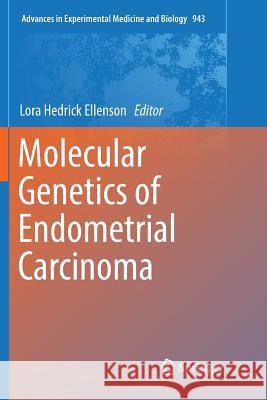Molecular Genetics of Endometrial Carcinoma » książka
topmenu
Molecular Genetics of Endometrial Carcinoma
ISBN-13: 9783319827476 / Angielski / Miękka / 2018 / 281 str.
Kategorie BISAC:
Wydawca:
Springer
Seria wydawnicza:
Język:
Angielski
ISBN-13:
9783319827476
Rok wydania:
2018
Wydanie:
Softcover Repri
Ilość stron:
281
Waga:
0.41 kg
Wymiary:
23.39 x 15.6 x 1.57
Oprawa:
Miękka
Wolumenów:
01
Dodatkowe informacje:
Wydanie ilustrowane











